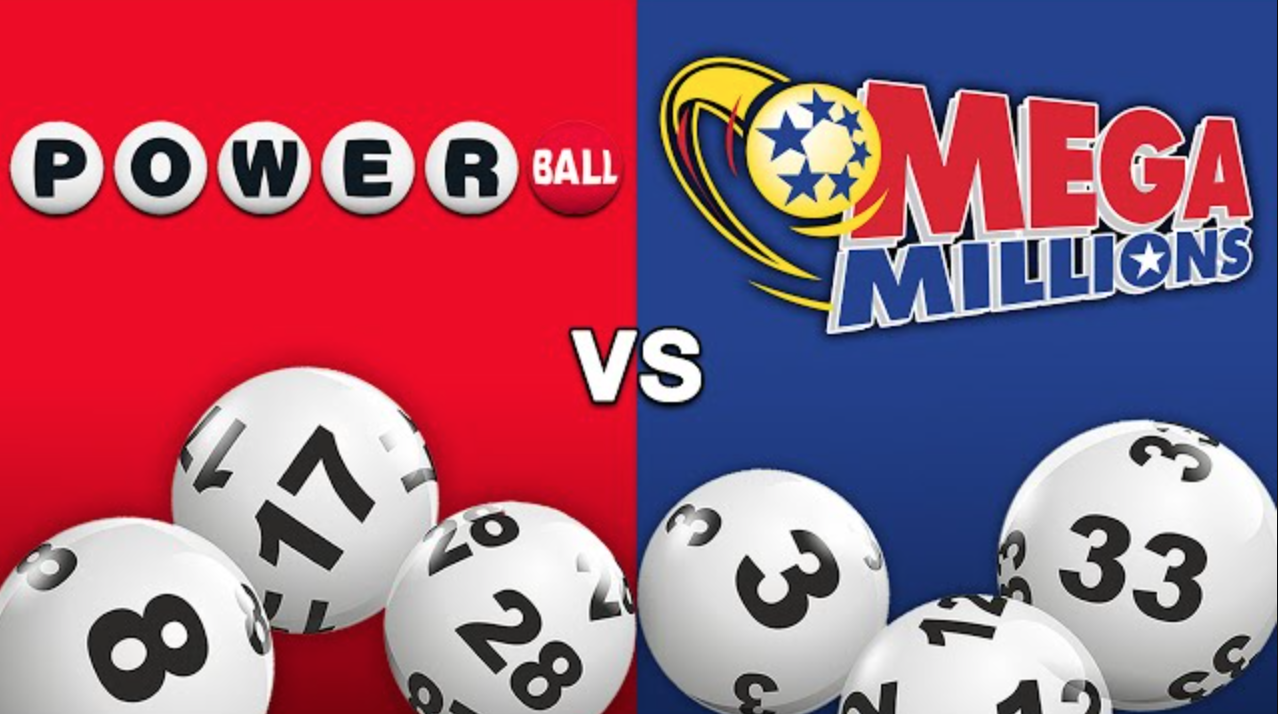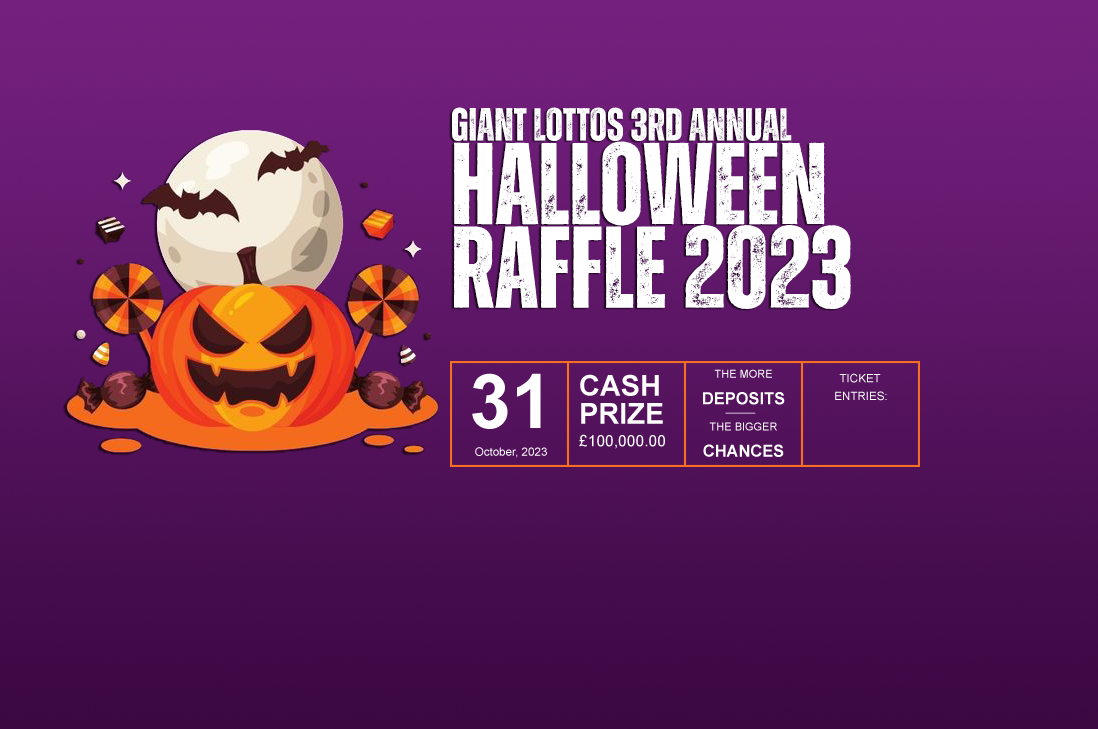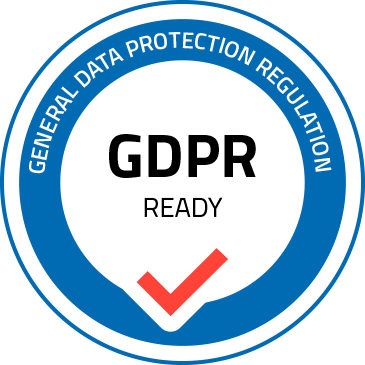LOTTERY WINNERS: TO REVEAL OR NOT TO REVEAL?
It's been a question that's been debated in the lottery world for years. Should the identities of lottery winners be revealed, or kept private? There are arguments on both sides, but with recent incidents of fraud hitting the media, it's one that's being more hotly debated now than ever.
Protecting lottery winners' privacy - the pros
When it comes to keeping the names of lottery winners under wraps, the reasons are obvious. More publicity means more incidences of harassment, sometimes even by family and close friends. The more people who know about a lottery win, the more likely it is that the winner will be subjected to endless pleas for handouts, gifts, donations, and the like.
Some lottery winners cave in to the begging, like Alex Snelius who gave away $3 million of his $18 million win to friends and family - only to have them turn around and renege on their loans, leaving him out of pocket. Which just goes to show that it doesn't matter how much money you have, being let down by people can still leave a sour taste in your mouth.
It's for this exact reason that countries like China have strict laws regarding the identities of their lottery winners, withholding personal information on lottery winners in order to protect them from potential fraudsters and con artists. Keeping lottery winners secret means keeping their winnings safe, and giving them the freedom to use their money any way they like without being guilted into giving it away, or worse, robbed of it altogether.
On the other hand: the case for making lottery winners known
On the opposite end of the spectrum is the argument for revealing the identities of lottery winners - such as in certain states in the US that have full disclosure laws. Publicly declaring the names of lottery winners ensures complete transparency, gives players the reassurance that winners are real rather than fabricated, and in some cases can even help identify potential fraudsters.
Take the recent case in Iowa for example. For four years, the identity of a man who purchased a $14.3 million winning lottery ticket at an Iowa petrol station was unknown - until recently when video footage identified him as the director of security for the Multi-State Lottery Association. This identification has raised a number of red flags - not the least of which is that as a lottery employee, it was illegal for him to have played the lottery in the first place. On top of this broken law, the unlucky winner has also been accused of convincing others to help him cover up his win and his identity, further compounding the charges against him.
While the winner is not being charged with rigging the outcome of the lottery, it nevertheless puts the win into a dubious light, and goes to prove the significance of having lottery winners' identities revealed at all times.
Which side of the fence do you fall on? Yes to being in the media, or yes to having your privacy? Either way, if you want to know what being a lottery winner feels like first-hand, you'll have to buy a lottery ticket first - which you can do quickly and easily with GiantLottos.com. Once you're rolling in the multi-
millions, then you can let us know whether you'd prefer to shout it from the rooftops or keep it quiet. And if you could let us know your street address at the same time, we'd really appreciate it...
THATS WHY HIGH ROLLERS PLAY ON GIANT LOTTOS YOUR SECURE TICKET PURCHASE PARTNER
Play From Your Home In The World's Biggest Jackpot Draws
Other Featured Lotto News
- Lottery Weekend Players
- Peoples Postcode Lotto Scoops £250,000 Win For Lucky Players
- You Need To Check Your Tickets Now And See If You Are The Winner Of This Jackpot
- These Will Be The Most Expensive Hotels In The Future
- Did You Know That A £350,000 Lotto Jackpot Remains Unclaimed





















